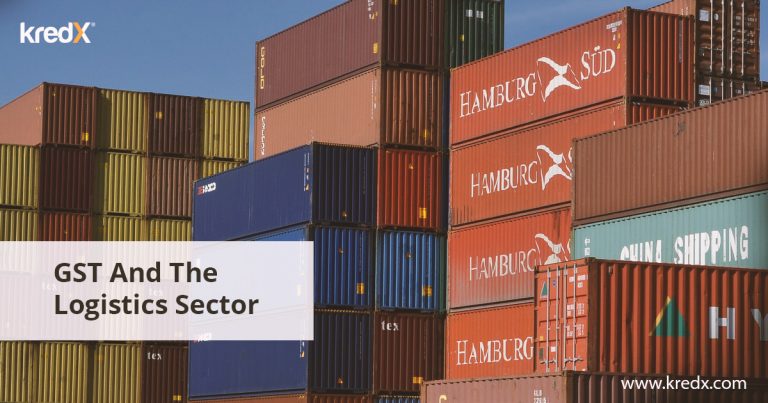
GST And The Logistics Sector
GST had a big impact on the logistics sector of this country. This Is because traditionally most FMCG companies and automotive agencies rely on warehousing in all states for the purpose of eventual transportation of the goods and services they have produced. The GST bill has comprehensively helped bring down the number of warehouses that was required for them to function properly due to logistic issues as well as slabs that were introduced into transportation. This article will focus on the marked changes the introduction of GST has brought about to the logistics sector of India.
Lower Number of Warehouses
The logistics sector is beset with multiple operational costs for companies that deal with the transport of the goods they have produced. This is because there are a myriad set of taxes that come into play when transport at a state level is concerned. A transparent and accessible transit policy has long been a concern for the logistics industry for a long time now. This is especially true for the E-commerce space that has to cater to an n number of orders on a day to day basis. GST has essentially replaced VAT and brought in supply chain efficiency across the board. Firms can now easily function with by centralising their hub operations in a single stats. This will easily replace the need to have multiple warehouses.
Improving Logistics Efficiency
This is another factor that makes the introduction of GST a very welcome addition to organisations. The fact that GST has managed to meaningfully structure how companies can go about logistics without having to bear heavy monetary costs in the shape of VAT and other taxes. Under GST regime, the tax on warehouse storage and labour services have increased from 15% to 18%. This translates favourably to efficiency because logistics providers will be incentivised to provide value-oriented services that can be utilised for the sake of claiming input credit. In the long term, this can be very helpful in the effective functioning of the warehousing sector, which will directly benefit logistics.
Cost Saving
Gaining input credit through the current GST regimen requires compliance from every individual who plays a specific role in the value chain. This process, at a surface level, can be problematic to most industry players mainly because of the value additions that are very high in number compared to the earlier VAT based system. However, systematic implementation of the current GST rules will have serious service oriented results in the long term because of accumulated value addition. It is estimated that GST can decrease the operational costs of companies operating in this country as logistics partners by 20%. These numbers are impressive for a country that has been bogged down by cumbersome protocols that had made logistics exceptionally hard.
The GST regimen offers a comprehensive package of compliance processes that are set to implicitly change the way logistics is being done in this country. While these changes are bound to have negative effects initially, there will surely be a phase in the near future where the added efficiency that GST has brought in will practically innovate the state of the logistics sector.



